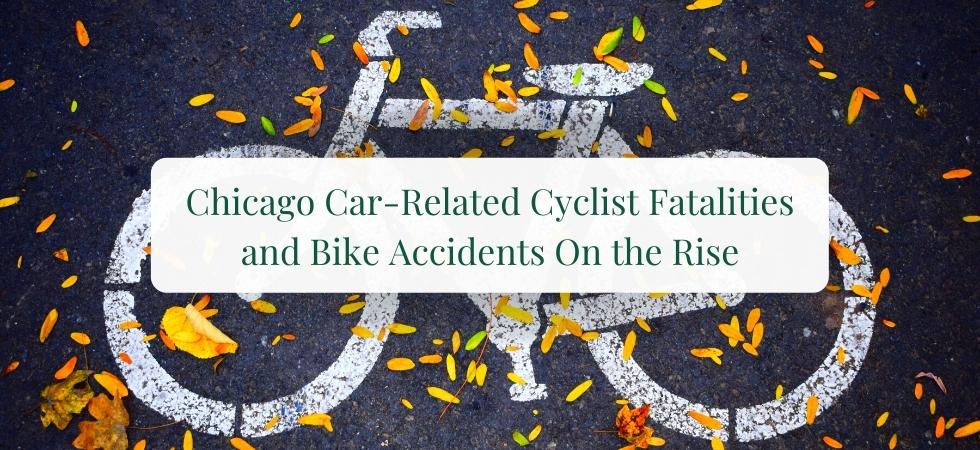A stop sign was added at the beginning of May to a Chicago intersection on the city’s Northwest Side where a 22-year-old bicyclist was killed in a hit and run. Neighbors had been requesting action from the city to slow traffic and prevent bicycle crashes.
As reported in a May 2022 article in The Chicago Tribune, the young bicyclist was killed after being struck by a car while riding in the Old Irving Park neighborhood of Chicago. Another bicyclist, just 37 years old, was killed just across the street in 2019 which prompted residents to petition for a stop sign there.
This tragedy is just one of several known car-related cyclist fatalities in Chicago so far in 2022, nearly matching half the number of bike fatalities recorded in 2020, the last year for available data from the National Highway Traffic Safety Administration.
Ken McLeod, policy director of the American League of Bicyclists, shares that the data from NHTSA shows that since 2016, Chicago has averaged about six bicyclist deaths per year, with eight relevant fatalities in 2020 alone. He reflects, “if you ask me, that is a big number for a city.”
Chicago bike safety advocates are demanding better bike infrastructure and safety from city officials. Courtney Cobbs, the co-founder of Better Street Chicago, argues that the city is not doing enough to properly protect bicyclists, citing faded bike lanes and obstructive construction projects. Cobbs stated, “We need to respond to these preventable incidents by fixing the streets and making them truly safe for people.”
Cyclists in Chicago are being asked to exercise extreme caution as they ride, especially with the warmer months approaching.
Here are some urban cycling safety tips from Harvard University School of Public Health to keep in mind as you travel the city by bike:
- Follow the rules of the road. Bikes are considered vehicles and are expected to follow all rules of the road.
- Avoid blind spots. Larger vehicles have blind spots – especially on the right side – that prevent them from seeing cyclists when turning. If you can’t see their mirror – they can’t see you.
- Leave 3 feet of space. Provide extra space along parked cars to avoid being hit by a swinging car door.
- Wear safety gear. Protective wearables such as a helmet, lights, and reflective and bright clothing can make all the difference to your visibility. Many cities have laws that require cyclists to use proper gear such as lights within a specified time frame.
- Learn signaling. Using hand signals can help drivers around you know your next move such as when you are going to turn and in which direction, which helps them stay alert when sharing the road.

